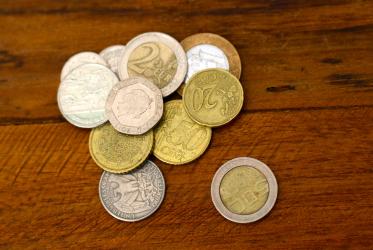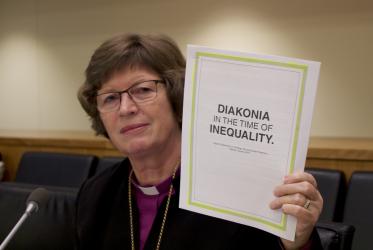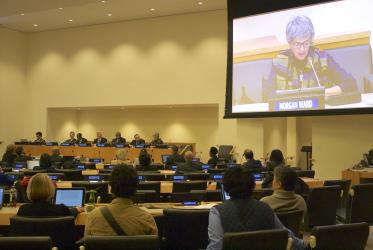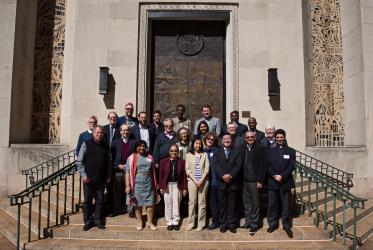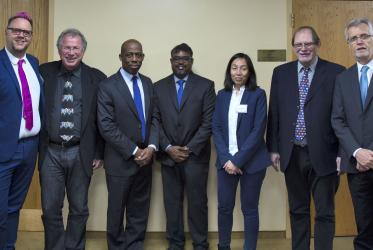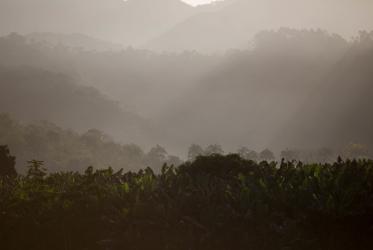Displaying 1 - 20 of 37
18 September 2023
WCC supports Zacchaeus campaign for tax justice
12 July 2019
Sustainable resourcing for sustainable development
05 February 2019
Pan African Women of Faith issue fervent Call to Action
20 November 2018
WCC Eco-School encourages youth to become eco-ambassadors
08 November 2018
Panel addresses economic and climate injustice
24 April 2018
New economic architecture focus of New York meeting
22 April 2018
Voices from Colombia: “What if we have no land to till?”
15 February 2018
Protect the Amazon, urges WCC statement
22 November 2017
Re-engineering life forms: Church forum raises concerns
09 November 2017









